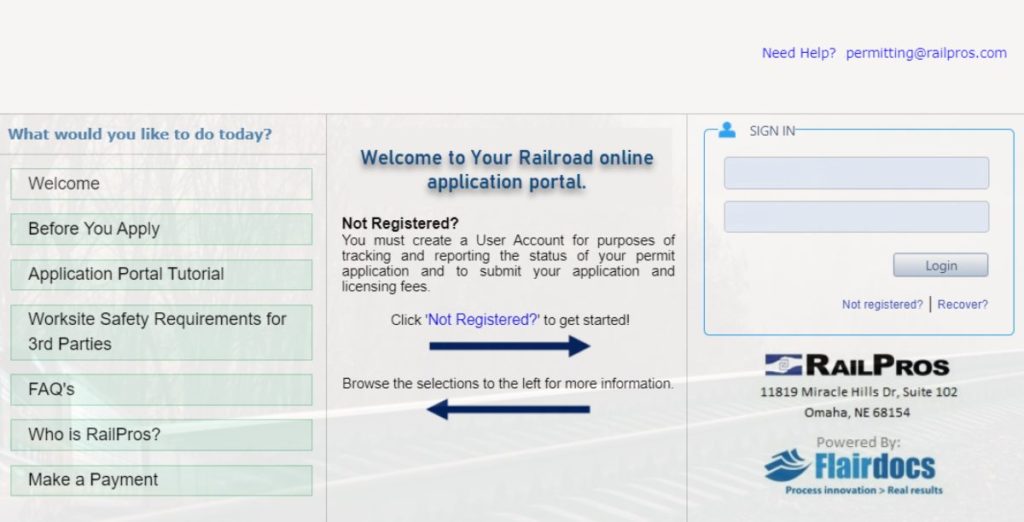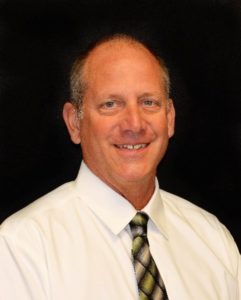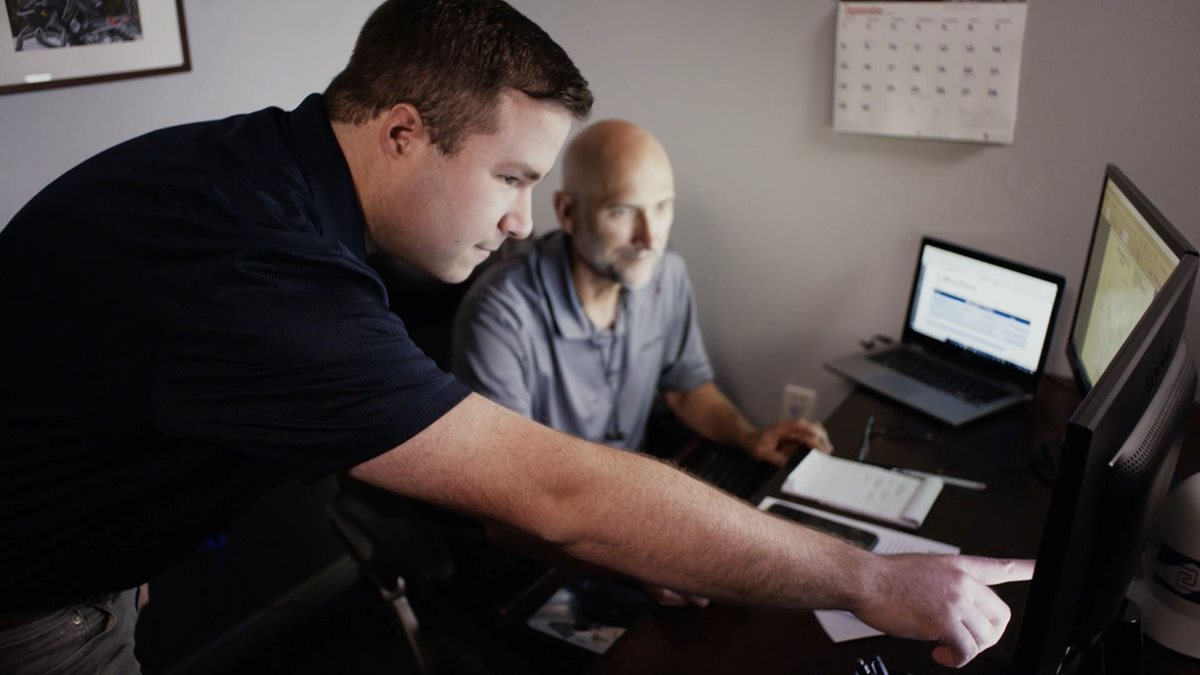Every railroad needs a gatekeeper.
Today the role is more important than ever before. With the implementation of precision scheduled railroading, which is a railroad strategy that uses departure schedules and point-to-point delivery methods to achieve low operating ratios and to consolidate railroad networks, Class 1s are trying to maximize the dollar by sharpening efficiencies. The focus keeps the eyes on the operations, making the eyes around the track and the right-of-way essential. In the U.S. alone, there are over 140,000 miles of railroad right-of-way to look after, and that number reaches close to 180,000 in all of North America.

This is where the gatekeeper comes in, one that can handle utility relocations, permitting, access to the right of way, etc., without burdening the railroad companies. The process is called right-of-way management, and RailPros uses experience with railroad companies, many of them Class 1s like Norfolk Southern and CSX, and a broad expertise to make the process seamless. “Anything that is related to third-party access we will handle for the railroad, and anything that is related to a real estate project,” said Renay Robison, AVP Rail Real Estate & Development for RailPros.
According to Robison, utilities need anywhere from 2,500 to 5,000 permits a year to access the railroad right-of-way. Permitting is an extensive review and process to make sure third parties do not do anything that would impact the infrastructure of the railroad.
“Railroad real estate in and of itself is challenging because it is so different than any other type of real estate because of the nature of the railroad, the age of the railroad, and the safety factors that are involved working on railroad property,” remarked Robison.
Much of the work involved in permitting deals with either utility companies trying to make it across the railroad or the railroad making the utility companies clear the way for a project. Communication is essential, because there is a lot of back-and-forth between the third party and the railroad company.
You need to know the language, and one of the advantages RailPros brings to the table is the fact that many of the professionals carrying the bag for RailPros come from the railroad, and many have worked for Class 1 companies. Robison was with Union Pacific managing the right-of-way. She leads a staff at RailPros that has the relationships with third parties like utility companies, know the railroad standards, and has the expertise and engineering knowledge to handle a project from the proper flagging to the construction monitoring.
 The railroad real estate landscape has changed dramatically over the last few years. Companies want to take advantage of technology and the speed that comes with it. The permitting process used to take up to 60 days, but now utility companies are demanding proper access within 30 days. Reaching those kinds of speeds requires everything to be done electronically. In response to the new movement, Robison and RailPros have developed an online portal. The portal was developed specifically for third-party applications.
The railroad real estate landscape has changed dramatically over the last few years. Companies want to take advantage of technology and the speed that comes with it. The permitting process used to take up to 60 days, but now utility companies are demanding proper access within 30 days. Reaching those kinds of speeds requires everything to be done electronically. In response to the new movement, Robison and RailPros have developed an online portal. The portal was developed specifically for third-party applications.
“We have the IT expertise to be able to connect and give it to the railroad and be able to do everything as if we were the railroad,” said Robison. “[The railroads] do not have to handle the money, they do not have to handle the invoicing … we do it all.”
At Norfolk Southern, a Class 1 railroad company, RailPros is handling railroad permitting, new licenses, and temporary rights of entry as well as handling protection service coordination (flagging, construction monitoring, etc.). It is complete third-party right-of-way management.
“We handle their third-party requests, get them out to construction, flag for them … we do the whole process from the time the permits come in to the time they pack up their shovels and leave. We handle all that for the railroad,” said Robison.
RailPros also is working with CSX on a project that requires utility relocation on a corridor in northern Virginia.
The future of outsourcing work like right-of-way management looks considerably bright. The need is going to great, and it will extend out to passenger rail service as well, not just freight rail. Currently there are over 4,500 non-profit transit systems in the U.S. alone.
“The railroads all need to focus on what they do best, which is moving people and freight,” said Robison. “I think in the future even on the public agency side we will see more and more outsourcing of this type of work.”
Instead of hiring their own team to handle right-of-way access, railroad companies will continue to use firms like RailPros to manage utility relocations and other jobs.
Ray Birkholz, director of Real Estate for RailPros, also sees the options becoming more limitless in the coming years, and among those options are railroad companies maximizing the worth of their right-of-ways.

“Business development ideas have grown with the thought process within the railroads of: we have real estate out there so let’s see what else we can do with it besides running freight,” he said. “We are helping with that, too. As the railroad companies think about ways to monetize that asset, we are helping them think about that and bringing them projects for review.”
The number of abandoned and closed rail yards in the U.S. continues to increase. What if a railroad company wanted to capitalize on the unutilized space? Chances are they would turn to a third-party expert like RailPros to explore the possibilities. Collaboration is key, and that is another area where RailPros is looking to capitalize.
Technology will continue to evolve as well, and RailPros is dedicated to riding the wave. The portal system the company has developed continues to get better, faster, and more efficient with new upgrades.
However, one thing that will never change is the ability to establish and maintain relationships. Both Robison and Birkholz, who worked with CSX for a number of years, have made a career out of working with people and gaining the trust necessary to execute complex and demanding jobs along the railroad right-of-way. RailPros is filled with experts like Robison and Birkholz … all of them gatekeepers of the railroad.
